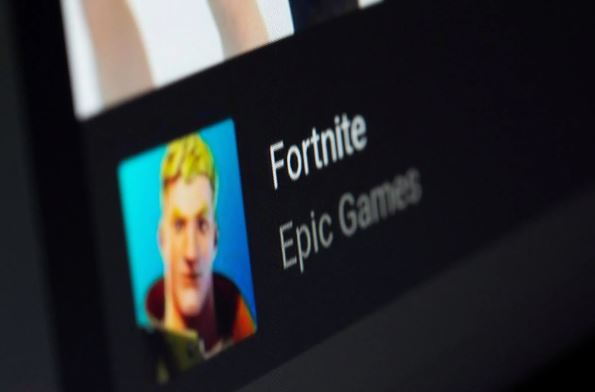A federal jury in San Francisco has determined that Google violated antitrust laws, favoring Epic Games and other developers on its Play mobile app store. The verdict has the potential to reshape the rules governing thousands of businesses operating on Google’s Android operating system for smartphones. After a month-long trial, the nine-person jury unanimously sided with Epic Games on all 11 questions, finding that Google maintained a monopoly in the smartphone app store market and engaged in anticompetitive behavior detrimental to the video game maker.
The verdict could compel Google to revise its Play Store rules, allowing other companies to introduce competing app stores and providing developers with more flexibility to bypass the fees collected by Google from in-app purchases. Judge James Donato of the U.S. District Court for the Northern District of California will determine the necessary remedies to address Google’s conduct in the coming year. Google has announced plans to appeal the verdict.
Throughout the trial, Google’s legal team argued that the company faced competition from Apple’s App Store, making it impossible to establish an Android monopoly. The jury’s decision is a significant boost to Epic Games’ ongoing efforts to reduce the dominance of Google and Apple over the mobile app ecosystem. Two years ago, Epic Games largely lost a similar case against Apple, a ruling currently under appeal.
In its 2020 lawsuit against Google, Epic sought to retain a larger share of revenue generated from in-app purchases and create an app store to compete with Google’s Play on the Android platform. The verdict aligns with Epic’s claims that Google’s app store practices are illegal, asserting that the tech giant abused its monopoly to extract excessive fees, stifle competition, and hinder innovation.
The ruling against Google comes amid another antitrust trial the company is facing in Washington, D.C. The U.S. Department of Justice and several states have accused Google of illegally maintaining a monopoly in search and advertising, with the outcome expected to have broader implications for the tech industry.
On the Play Store, Google charges app developers a 15% fee for customer payments related to app subscriptions and up to 30% for in-app purchases made within popular apps downloaded from the store. Google claims that 99% of developers qualify for a fee of 15% or lower on in-app purchases.
Despite the jury’s decision, Google intends to appeal the verdict, emphasizing its commitment to defending the Android business model. The trial highlighted Google’s competition with Apple’s App Store, app stores on Android devices, and gaming consoles. Epic Games hailed the verdict as a win for all app developers and consumers globally, asserting that Google’s practices had been proven illegal.
Epic Games initiated the legal battle by allowing customers to make in-app purchases directly with Epic, bypassing Google’s rules. Google responded by banning Fortnite, leading to Epic filing the lawsuit. The jury found Google in violation of antitrust laws in two markets: the Android Play Store and the Android in-app billing system. The verdict also established that Google willfully maintained monopoly power, enabling it to impose unreasonable restraints on competitors.
The jury criticized Google’s Project Hug initiative, where the company paid large developers to continue using the Play Store, characterizing it as “bribes.” The jury also faulted Google’s agreements with Android phone makers, such as Samsung, mandating the pre-installation of Google applications and imposing other restrictive rules. The trial revealed allegations that Google deleted internal chat messages relevant to the case, affecting the company’s credibility.
The verdict has raised challenges for Google in post-trial proceedings and potential appeals, with legal experts noting that the district court process could conclude in a few months, while an appeal to the U.S. Court of Appeals for the Ninth Circuit might take 12 to 18 months. The case marks a significant moment where Google is being held accountable for its conduct in the court of law.

